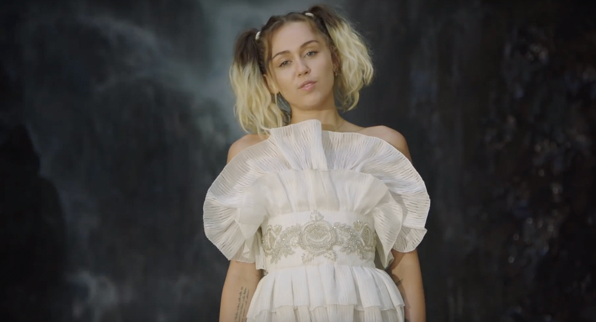Record Label
- Aeman Ajaz
- Dec 24, 2023
- 3 min read
What is a record label?
A record label, whether large or small, is a company responsible for producing, distributing, and promoting the music recordings of affiliated musicians. In essence, their role is to market both the artist's brand and the products they create. Within record labels, various departments collaborate to optimize the sale of their artists and products. Record labels have been a part of the music industry for nearly as long as recorded sound, with signing to a label historically considered synonymous with achieving success. Despite the increasing ease for artists to thrive independently through the internet and digital technology, record labels continue to play significant roles in the industry.
Major VS Indie
On a broad scale, a major music company typically refers to a large, conglomerate corporation, often specifically a record label. The landscape of major companies in the music industry is subject to constant change due to ongoing mergers and acquisitions.
As of today, the three primary major music companies are Warner Music Group, Universal Music Group, and Sony Music. These companies either own or hold equity in numerous others, creating a network or "family" of labels.
Conversely, an indie music company or artist/writer operates independently, without affiliations to major entities. Indie entities can include publishers, distributors, radio stations, and record labels. The term "indie" has also evolved into a genre, often associated with music that diverges from mainstream sounds. However, this distinction has become somewhat blurred, and songs from artists signed to major labels may still feature on indie playlists due to their unique or unconventional qualities.
It's important to note that "indie" hasn't always solely indicated a business affiliation or musical style. Over time, it has come to symbolize a counter-cultural attitude or lifestyle that opposes accepted norms in music or broader cultural aspects. Yet, due to widespread use, the term's original lifestyle connotations have become less clear. In the business context, identifying as independent, regardless of actual business affiliations, has become a strategic marketing approach to appeal to specific audiences.
Independent music companies often provide comprehensive "360" services, encompassing tasks such as distributing and marketing records, handling copyright publishing, and managing various business aspects for musicians. All these services are typically outlined in contractual agreements.
Types of record labels
Major Record Labels
The major record labels, including Warner Music Group, Universal Music Group, and Sony Music, exercise control over various subsidiaries and extend their influence through ownership of distribution and other music service firms, enabling vertical integration across the entire music production process. For example, Sony Music owns RED Music and The Orchard outright. RED Music serves as a label services company, specializing in promotion and licensing, and collaborates with other Sony subsidiary labels. The Orchard operates as a music distribution platform, facilitating clients in managing both physical and online product dissemination. Notably, neither RED Music nor The Orchard is explicitly branded as a "Sony" company, engaging in business with independent entities and musicians, despite primarily working with "indie" artists. Despite this, both entities fall under the category of "major" in the industry.
Major labels typically maintain diverse departments, encompassing areas such as publicity, sales, marketing, etc., each with numerous staff members. They may also have offices in various cities to manage operations efficiently. For instance, Warner Music Group has a "Shared Services" office in Nashville, Tennessee, which centralizes accounting, finance, and rights management activities for all WMG sub-labels. This organizational structure may differ from that of independent companies, which may lack extensive departments with numerous personnel dedicated to specific business areas.
Traditional Independent Record Labels
Although they collectively represent a smaller market share, numerous independent record labels are scattered across the United States and globally. Independent labels are generally smaller compared to major labels, frequently conducting operations in just one or two cities. While not a universal rule, indie record labels often have more specialized rosters. Artists associated with these labels may share the same geographical roots, specialize in a particular music genre, or simply have personal connections with the label's owner.
A short list of indie labels:
Sub Pop
XL Recordings
Communion Records
Third Man Records
Jagjaguwar
Merge Records
4AD
Yep Roc
Artist-Run DIY
Certain artists choose to establish their own record label ventures, and there is a broad spectrum in how these businesses operate. Some follow a more conventional model, involving the signing of artists to the label's roster. Others function primarily as business entities for copyright notices, serving as mechanisms for collecting royalty payments.
An illustration of an artist-run label is Third Man Records, initiated by Jack White. Third Man Records operates two physical store locations, situated in Nashville and Detroit, functioning as hubs for vinyl pressing, retail operations, and live performances. With an assorted lineup of artists, Third Man Records also organizes distinctive events and pop-up shops across the nation.



Comments